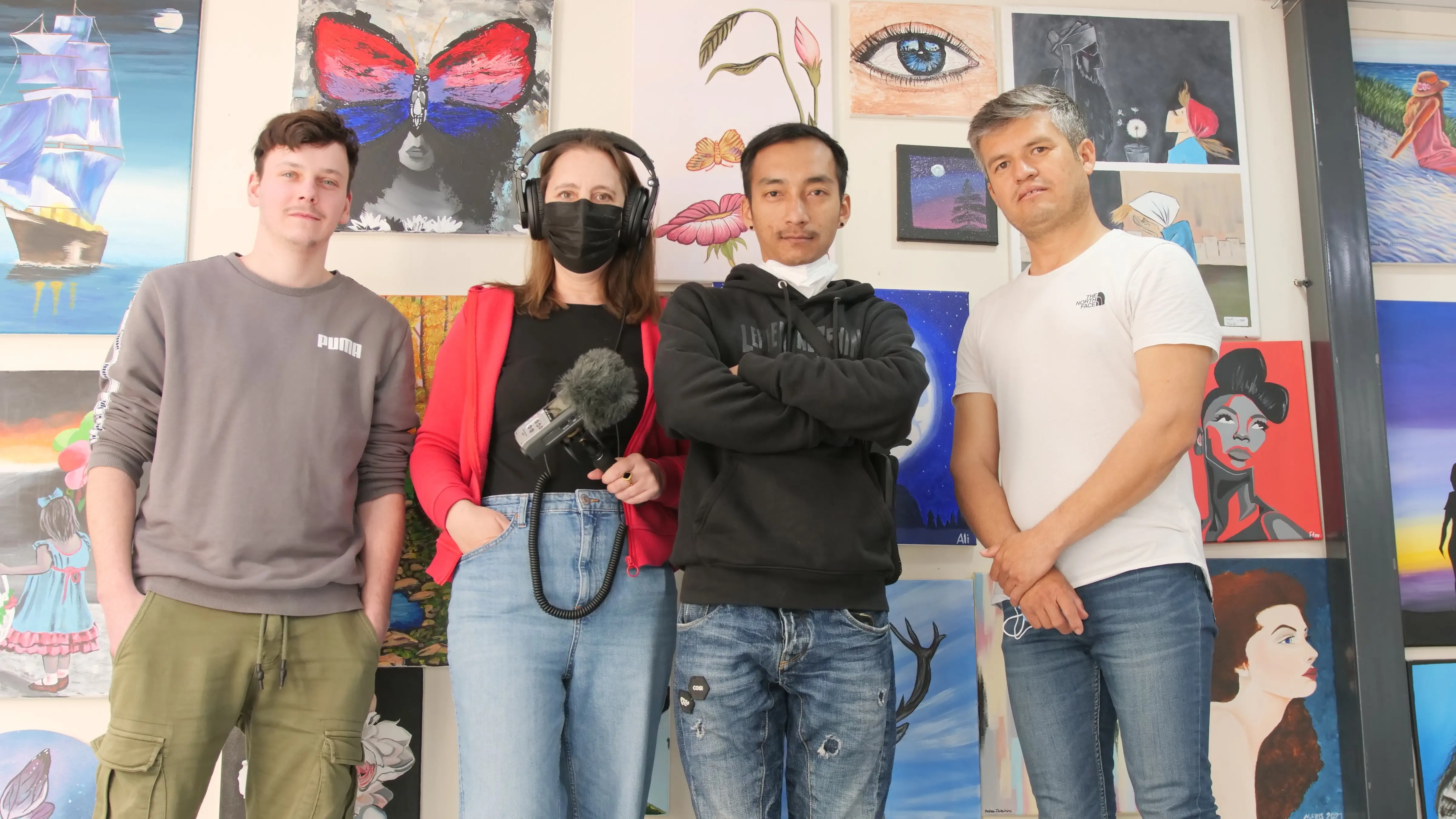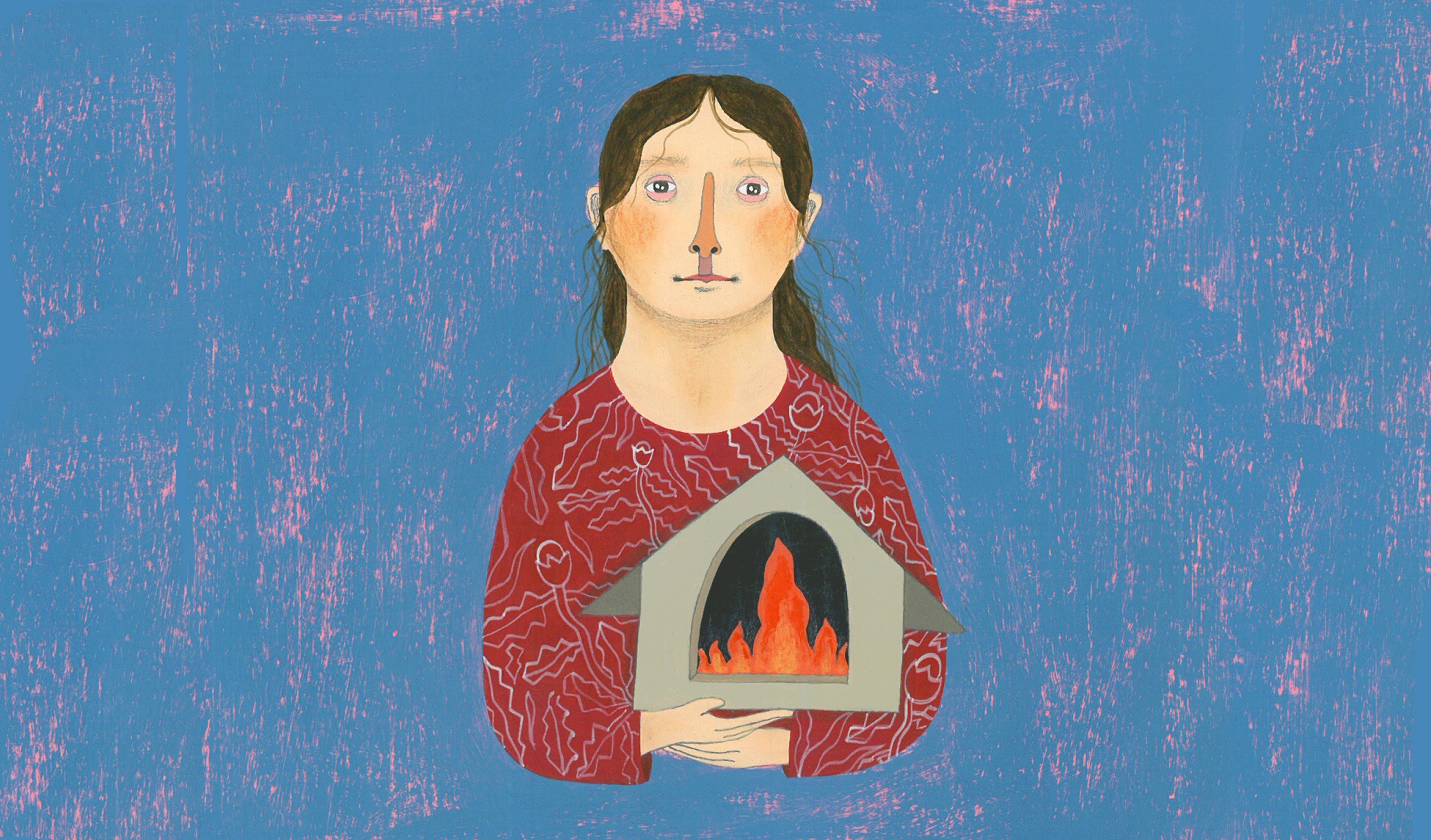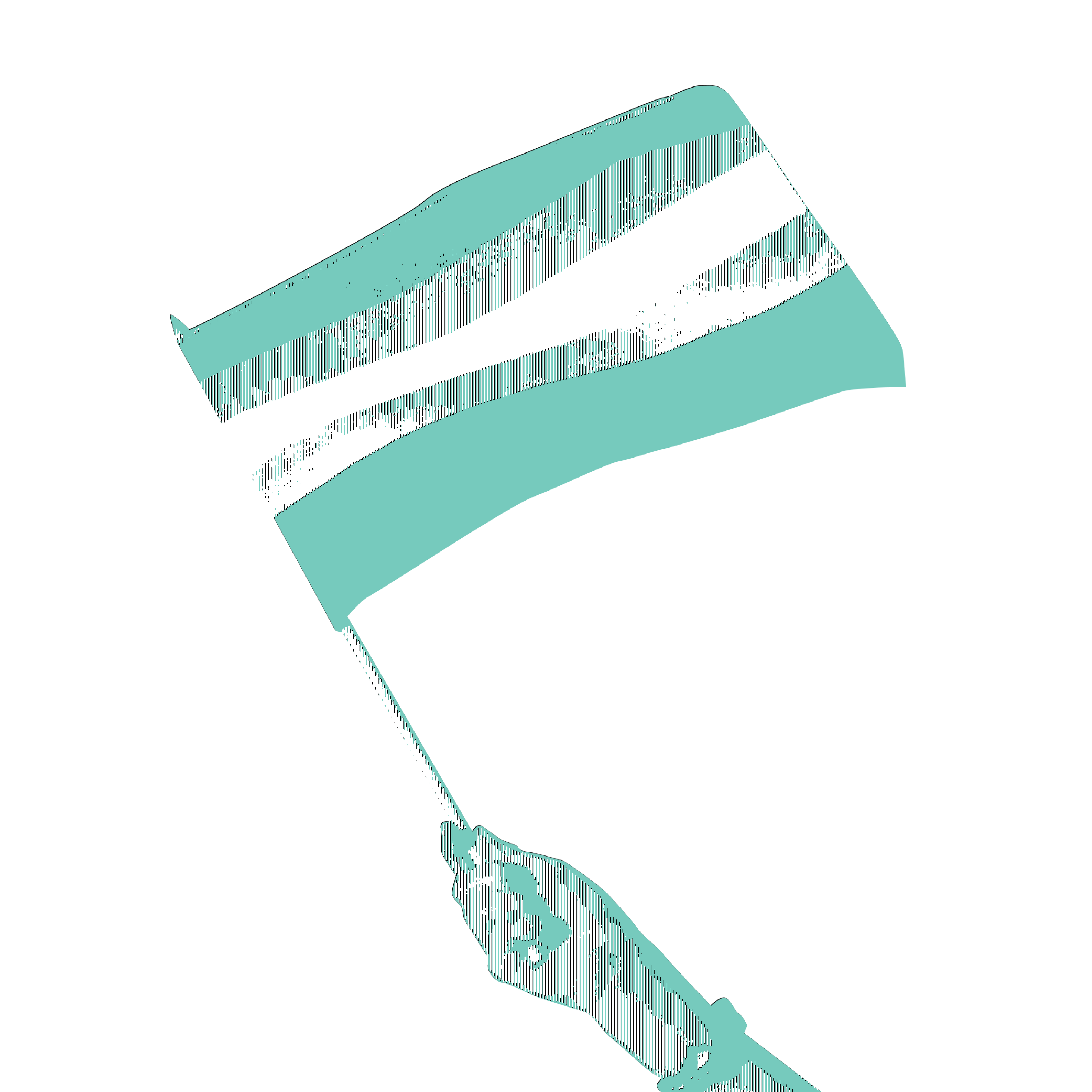
Meet three refugee community organisers across three countries: Türkiye, Greece and Ireland.
Welcome to our new series, created in collaboration with some of the refugee community organisers, activists and artists working to challenge stereotypes around migration. Bairbre Flood talks to three community organisers across three countries: Anas in Türkiye, Safdar Salmani in Greece and Mavis Ramazani in Ireland. We explore why it’s so important refugees themselves have ownership of their organisations and support — and see how different communities experienced in forced migration help to organise themselves.
Anas is the community liaison officer with Small Projects Istanbul, Safdar Salmani is a community volunteer who works with One Happy Family and Wave of Hope for the Future in Greece (with thanks to Fionn McArthur, who interprets the conversation) and Mavis Ramazani works with MASI (the Movement of Asylum Seekers Ireland).
Subscribe on APPLE PODCASTS, SPOTIFY, or WHEREVER YOU LISTEN TO PODCASTS.
Presented by Mahmoud Hassino and produced by Bairbre Flood.
Theme music by Omar Alkilani. Artwork by Haya Halaw.
With thanks to the Pulitzer Center for funding support.

As a nonprofit journalism organization, we depend on your support to fund more than 170 reporting projects every year on critical global and local issues. Donate any amount today to become a Pulitzer Center Champion and receive exclusive benefits!
Transcript
20 minutes
Nothing Without Us
Mahmoud Hassino: Hi, and welcome to our new podcast series. ‘I Am Not Your Refugee’ with myself, Mahmoud Hassino. ‘I Am Not Your Refugee’, a podcast in collaboration with some of the refugee community organisers, activists and artists working to challenge stereotypes around migration. With thanks to the Pulitzer Centre for funding support.
For our first episode, our reporter Bairbre Flood talks to three community organisers across three countries. Anas in Turkiye, Safdar Salmani in Greece, and Mavis Ramazani in Ireland. We wanted to explore why it's so important refugees themselves have ownership of their organisations and support—and see how that panned out in different communities experienced in forced immigration. First up is Anas, who's the community liaison officer with Small Projects Istanbul.
Anas: Every refugee himself has a special story and a sensitive story. So understanding every detail and single detail of people is not easy. So that's why someone from the community themselves, they can understand and deal professionally with their experiences, with their needs. This is very important for the refugee context. In my experience, with the SBI, I focused on helping and supporting people to be more initiative, more independent on themselves. So this is my mission.
The way that I did it, I encouraged people to search, so instead of giving the solution without teaching how to get it. For example, if you need to get an appointment for a hospital, so instead of me getting them the appointment, I teach them how to do it. The second thing that I focused on, is that I encourage them to share the experience with other committee members. Some of them, some of the leaders seem to be able to get the experience and then give it back to their own communities.
Recently, we could achieve and start a committee council from the community themselves, mainly to understand in a wider way, the problems, suggest solutions, and learn to advocate their needs. So this is not only me, it is all of our team. Now we are proud of this step that we have reached, which is creating the Community Council from our community. Some of the committee members are able to donate, we had an open space that is not observed by any cameras, that anyone can give, and anyone can take. So we focused on dignifying donation and getting the donation. We feel that it is a strong network within the community themselves.
With the support that we provide the community develops to be more strong, more connected, more initiative, and also to get the leadership for many of them. As much as you are close to the community, you will achieve more impact because you give them what they ask. You don't need to be theoretically thinking. Also, you get the right feedback and the amount of feedback needed to develop better projects. All of us are humans. So when they are refugees, when the community became refugees, they were in their country maybe leaders, so restoring their rights back, supporting them to be maybe leaders as they were, is something similar to being human. Working with the committee means to give them back their own characteristics related to being human.
Mahmoud Hassino: For many refugees who work supporting their communities, they do so as volunteers. Safdar Salmani is one of these community volunteers who works with One Happy Family and Wave of Hope for the Future on Lesvos in Greece.
Bairbre Flood met up with him in the Wave of Hope for the Future art gallery and centre in Mytilini to talk about his work. Fionn Macarthur, an Irish filmmaker who's been facilitating photography and filmmaking classes on the island, interprets the conversation.
Safdar Salmani: I'm Safdar Salmani. I'm from Afghanistan.
Mahmoud Hassino: Safdar starts off by explaining how he came to start volunteering with One Happy Family.
Safdar Salmani: {speaks in Farsi}
Fionn Macarthur: The first time that he came across his organisation, it was in the old Moria camp. And there was a group of guys who were working and he asked him, 'What's this about like?'. And he inquired about the organisation, and that's how he first met the organisation.
Safdar Salmani: {speaks in Farsi}
Fionn Macarthur: He said they were looking for a carpenter at this time, and it was perfect. Safdar said he is a carpenter and he started for two months he was working
Safdar Salmani: {speaks in Farsi}
Fionn Macarthur: He built a school for two months. He built a school inside the jungle of Moria.
Safdar Salmani: {speaks in Farsi}
Fionn Macarthur: So this is February in 2020.
Safdar Salmani: {speaks in Farsi}
Fionn Macarthur: After the time of the Moria fire, he went to One Happy Family and from there he started working with One Happy Family building classrooms.
Safdar Salmani: {speaks in Farsi}
Fionn Macarthur: Okay, so after three months here, he was working here with the gallery getting it set up. And he built everything, the tables, everything, to get it up and running. And then after that, he started more work inside the camp.
Safdar Salmani: {speaks in Farsi}
Fionn Macarthur: He was also helping to find artists for the gallery. And he would go around people's tents inside the camp and ask people if they were interested in working and doing artwork here inside the gallery and to come to the city.
Safdar Salmani: {speaks in Farsi}
Fionn Macarthur: They had, at the time, 20 artists that were here and they were working inside together.
Safdar Salmani: {speaks in Farsi}
Fionn Macarthur: He's very happy as well for the refugees to be able to come here and to, you know, do something that is very fulfilling and happy for them. And that they can then, you know, they're hoping that they can have a good day, each day that they're coming here. He has some photos from the children he wants to show you.
This is electrical cable…
Safdar Salmani: {speaks in Farsi}
Fionn Macarthur: This is dangerous.
Bairbre Flood: I mean, it looks like a building site.
Safdar Salmani: {speaks in Farsi}
Fionn Macarthur: This is the work he's done with Happy Family.
Bairbre Flood: Ok.
Safdar Salmani: {speaks in Farsi}
Bairbre Flood: Are there people still in the tents, still in like shelter tents?
Safdar Salmani: {speaks in Farsi}
Fionn Macarthur: Yes, they're still tents
Safdar Salmani: {speaks in Farsi}
Fionn Macarthur: Still they have tents inside the camp
Bairbre Flood: Yeah, yeah like this was supposed to be temporary for... It is two years now. Two years since the fire. Is it?
Fionn Macarthur: Over two years now.
Bairbre Flood: There's no playgrounds in the camp. No park, nothing.
Fionn Macarthur: Before in old Moria, there, people made some themselves. I was making swings, things like this, but with the new camp they don't have any of them.
Safdar Salmani: {speaks in Farsi}
Fionn Macarthur: Some of these children they're like four years old. And now they're playing with this…
Fionn Macarthur: {speaks in Farsi}
Safdar Salmani: {speaks in Farsi}
Fionn Macarthur: This is cement. They're playing with dry cement, you know
Safdar Salmani: {speaks in Farsi}
Fionn Macarthur: So, if for example, if one person comes from the camp, comes here, and is doing any work like painting, he says like this will bring him happiness. And because it brings them happiness, he also too becomes happy. From the heart he feels happy.
Safdar Salmani: {speaks in Farsi}
Fionn Macarthur: He said that from the first days that he was here, the first time that he was here, inside of Greece going to Moria camp and seeing all that fighting and everything, he couldn't believe it. Seeing all of this inside the camp and the environment of the camp, that people are like this. And he had to get away from this, like he had to separate himself from this and focus away from these things.
Safdar Salmani: {speaks in Farsi}
Fionn Macarthur: If he makes one person happy, he himself is happy from this.
Mahmoud Hassino: That was after Safdar Salmani, in conversation with Bairbre Flood with Fionn Macarthur interpreting.
Mavis Ramazani: My name is Mavis Ramazani.
Mahmoud Hassino: Marvis Ramazani works with MASI (the Movement of Asylum Seekers Ireland).
Mavis Ramazani: I got involved with MASI because of my own personal experience, and now a refugee living independently, but I was an asylum seeker. And experiencing the inhumane condition where I was, it made me realise that I needed to be my own voice, I needed to talk about what is happening. And also to build a community. It was very, very important for me to build a community, to share my own very difficult circumstances and situations that I was faced with personally.
And as a people's person, as a person who believes in building bridges and communities, I realised even around me, other people who were there seeking asylum were, you know, experiencing a lot of injustice, inhumane conditions, and I found MASI.
It was mostly personally, what I was going through. And from there, I decided, you know what, I'm gonna be actively involved. And I realise, when you are your own voice you share your own experiences, it's part of moving on and being part of change. So yeah, basically, that were the two main reasons—personally, and also seeing what was happening around me for a community that I was very much part of.
If you don't own your own voice, the government, individuals who are involved will not change, bring the change. We need to be out there, talk about these issues, and also bring in solutions at the same time. Like, there is now a right to work, which was implemented in 2018. That right to work, the government didn't just say, Okay, now I'm going to give people seeking asylum the right to work. No. An individual took the government to court, to the Supreme Court. But before the Supreme Court, they were actively advocating for the change. And we saw that that change came to pass.
Mahmoud Hassino: Just a quick note for anyone outside of Ireland. Direct provision is the asylum system set up 20 years ago in Ireland, originally designed to be a short term solution. Many people spent years of their lives stuck in these centres. There are plans for it to be abolished soon. But as of now, it's still here.
Mavis Ramazani: Ending the Direct Provision, and respecting people would make Ireland even better than it is right now. But the reality is that, there is racism and discrimination; because you're an asylum seeker, you have to pay a price for coming to seek international protection in the country. You know, where there's so many rules and policies that block your way, like even the lack of recognition of qualifications, people's driving licences, and even the amount of time that you need to wait before applying for the right to work. The right to work is there but there's racism, there's discrimination. Even once you have it, you only, it's only valid for 12 months and some employers will not take a chance with you.
We should not give up on the power of community. As someone who comes from Africa, we believe in Ubuntu. Ubuntu is communities being there for each other. Right now, even after being processed, the people who look after you are the community. Throughout this process, there is no government official that looks and sees what you need. Like 'how are you surviving' you know, 'how is life' after your application. Your application, the only time you interact with the government, it's when you go for an interview, and then you get a decision, that's it. But your day to day life is with communities. And the current system of Direct Provision isolates the community from doing what they are capable of doing. And as we know, people who come to seek international protection are individuals who are very talented.
Ireland is rich to have all of us here, you know, there's so much diversity, there's so much richness, individuals who are now part of Ireland. There is nothing we have done wrong.
Throughout the COVID, during the COVID, there was a group of individuals who were sent to Cahersiveen. And individuals protested because they got sick, they were in inhumane conditions, and it was covered and then individuals were transferred. So that was a success for us continuously, despite the COVID restrictions. Last year, as well, we advocated to give healthcare workers in direct provision to remain in the country as a way to show their appreciation because they also, like all other frontline staff, put their lives, you know, in danger.
There was also one gentleman who went on hunger strike. He was, I believe, a security guard, you know, and they didn't want to give him permission to remain whereas throughout pandemic, he was working. He was part of the frontline staff during that time, and he had to go through and MASI was supportive to say, you know what, if you believe, go for it, to fight for your own rights. And he was then granted permission to remain and we have seen deportation orders being revoked now with advocacy, petitions being sent out there by MASI. So those are some of the few you know, but very major life changing advocacy and campaigns.
We can change together a lot of things in our community, that are not benefiting our community, that are bringing harm into our community. Whichever way we came in Ireland, once you have a community, you are strong, you are better. Bridges keep building. You know what people are capable of. And there we go. They shine.
Mahmoud Hassino: You have been listening to Mavis Ramazani of MASI (Movement of Asylum Seekers Ireland) and before her, Safdar Salmani, with Wave of Hope for the Future and One Happy Family on Lesvos, Greece. With thanks to Fionn Macarthur, for translating. And at the start of the programme, Anas of Small Projects Istanbul. Links to MASI and Small Projects Istanbul are in the show notes. With thanks to Omar Al Kilani who wrote and performed our theme music, and Haya Halaw who created our podcast artwork.
In the next episode, we'll be talking to journalists with lived experience of seeking refuge—and exploring various aspects of the media and migration. Until then, thanks for listening, from me, Mahmoud Hassino and our producer Bairbre Flood, goodbye for now.











